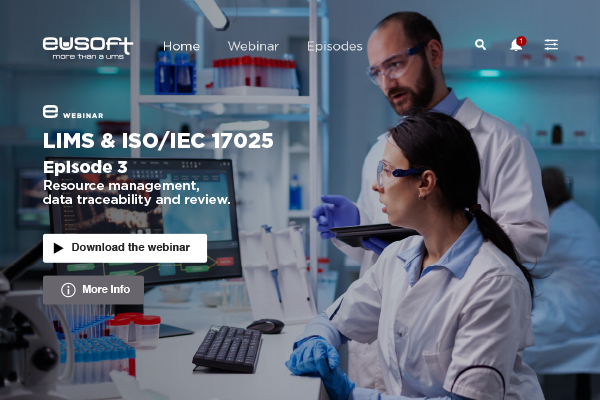In 2019, the term “e-learning” celebrates its twenty years anniversary. Back in 1999, could Elliott Masie – an ed-tech expert who first coined this term – imagine that in only two decades e-learning would revolutionize the world?
Today more than ever, companies need to maximize their human capital by providing the right skills at the right time for the right people. For example, an IBM white paper, The Value of Training, digs deep into the ROI of skills development in I.T. Drawing on insights from its previous Smarter Workforce study, IBM finds that:
- Objectives are met 90% more often by increasing team skills.
- Companies save $70,000 annually and increase productivity 10% when teams are well trained.
Leading organizations are stepping away from old school learning strategies that don’t maximize learning effectiveness, and instead adopting e-learning into their training process. Why the shift? E-learning solutions enable organizations to proactively and efficiently equip employees with specialized knowledge and expertise to perform at their best. E-learning is therefore the current and future direction of learning and development. Employees, customers, and partners all expect to be able to meet their needs online and on-demand. A company without an e-learning option in its training program is going to get left behind.
That’s why Eusoft decide to join the e-learning boom and reap its benefits by implementing a Learning Management System (LMS) to deliver training to its employees, partners and customers.
E-learning benefits students as an online course can be accessed anywhere, anytime, and from any possible device, should it be a cellphone, a tablet, or a laptop. Offering an online alternative gives staff the ability to take training courses during lower production periods, instead of attending in-person seminars: one can study while commuting to work, traveling on vacation, staying ill at home, or waiting for a friend at a coffee shop.
Speaking of on-the-go, one of the greatest benefits of e-learning in the workplace is that it’s available 24/7 for an increasingly global and remote workforce: people get to access training when they have the time and capability to do so, no matter where they are.
What is more, virtual learnig courses are more personalized than traditional ones since students are able to choose their own studying pace, to skip topics that they are already proficient in, or to repeat a lesson that they failed to acquire at the first try.
The last but definitely not the least in the list of advantages of e-learning is sustainability. E-learning is an effective way to reduce energy usage and your carbon footprint. A study by Britain’s Open University found that producing and providing e-learning courses consumes an average of 90% less energy and produces 85% fewer CO2 emissions per student than traditional classroom courses. E-learning courses are, therefore, an essential pillar in the global fight against climate change.




